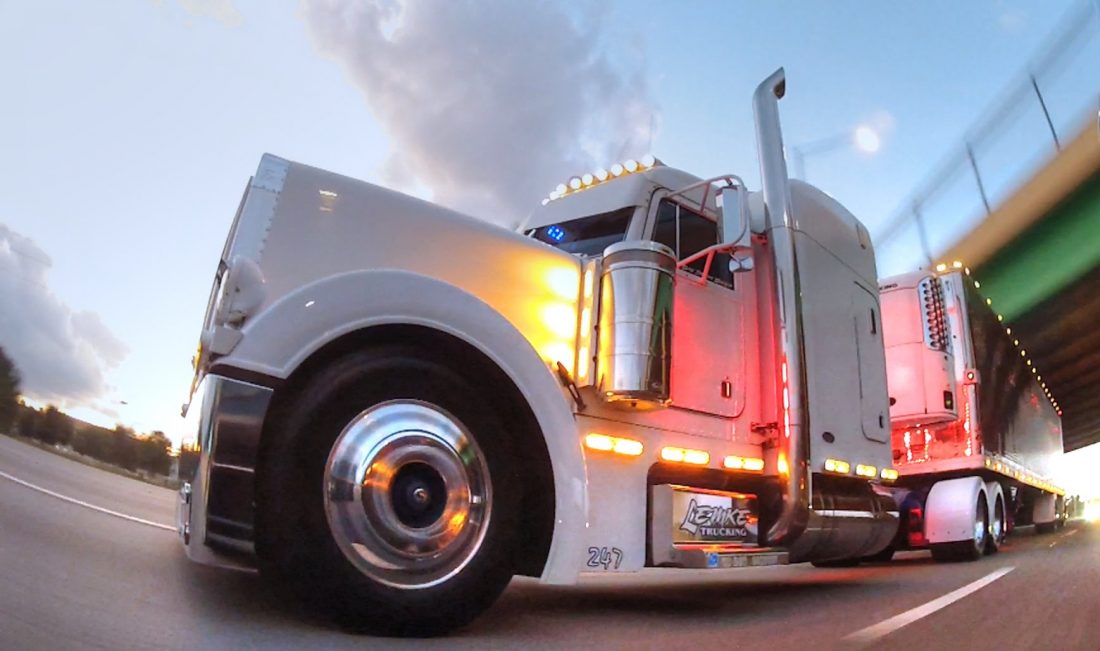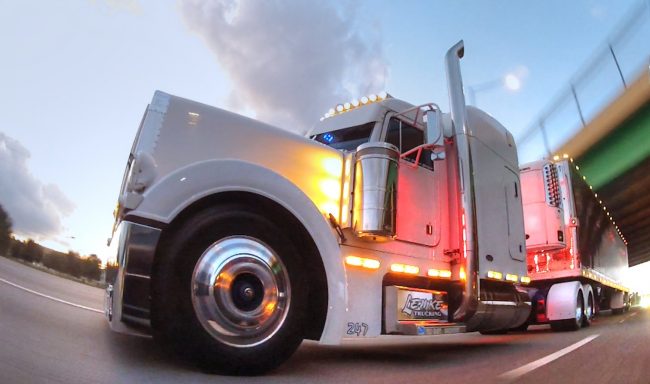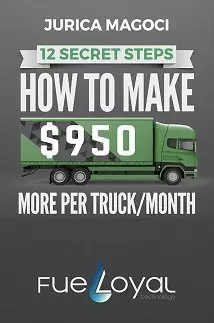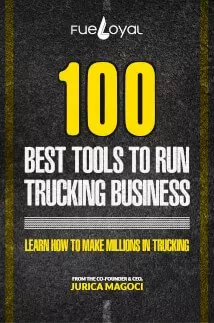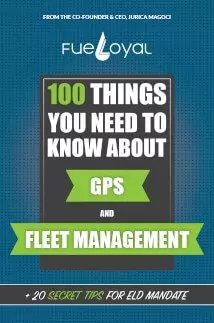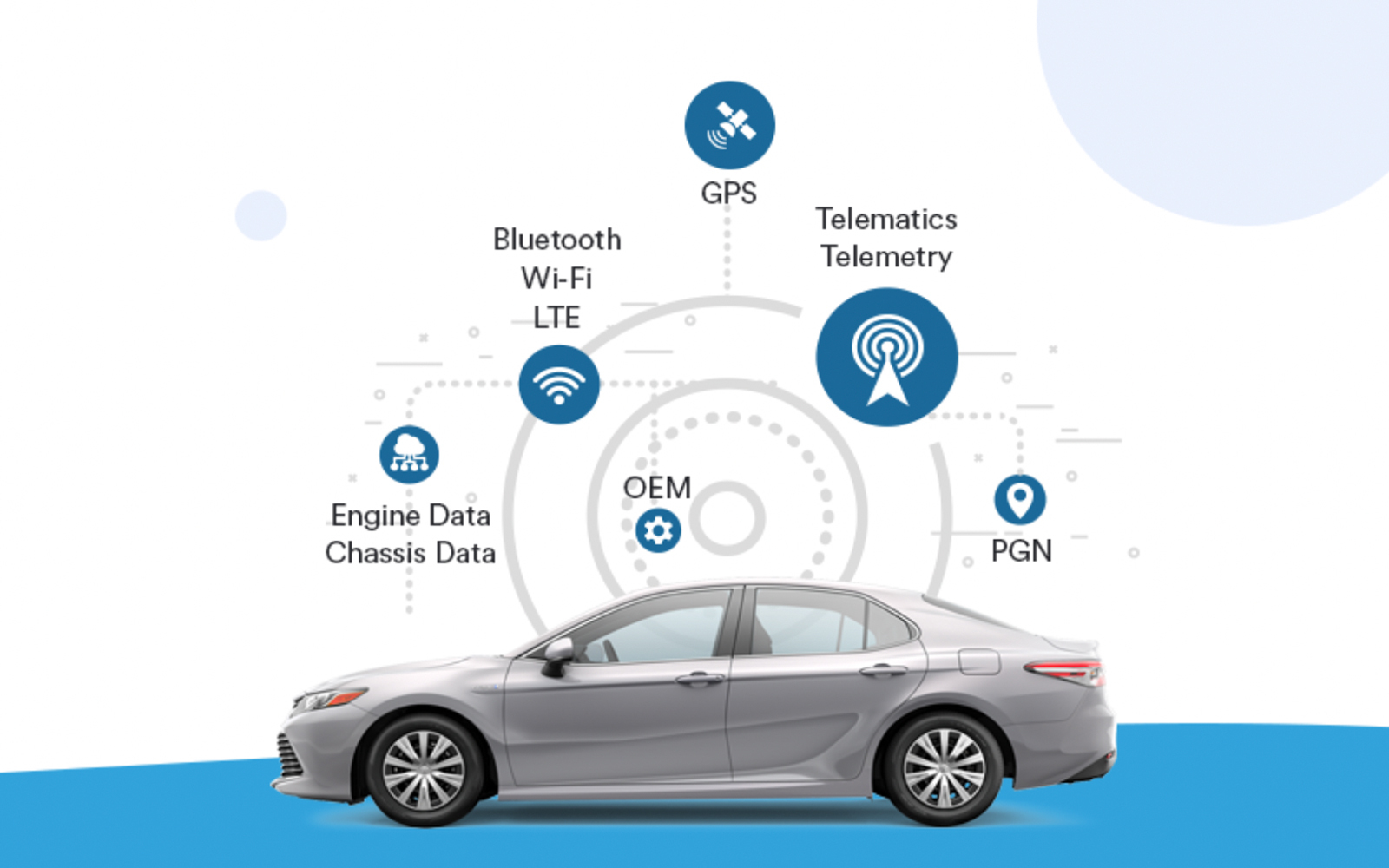A variety of trucking permits and licenses apply to the general operation of Class 8 trucks and trucking companies.
If you are planning to start a trucking company soon, then you should consider creating a checklist for trucking permits and licenses.
Starting a trucking business is far beyond finding the perfect location for your trucking office and buying the best equipped trucks.
Remember: Trucking is a heavily regulated industry.
Trucking companies in the USA should meet and keep current with numerous government requirements.
So, if you want to start a trucking business with a good reputation and exceptional customer satisfaction, then you should gain the authority and operate legally as an interstate trucking company.
Thereupon, inspired by the constant incorporation of trucking companies in the USA, I decided to make this checklist for trucking permits and licenses.
I hope that this checklist will help you. So, let’s take a look!
Trucking Permits and Licenses Tip No.1: Get a Commercial Driver’s License
The very first step that everyone willing to start a career as a truck driver should take is to get a commercial driver’s license.
